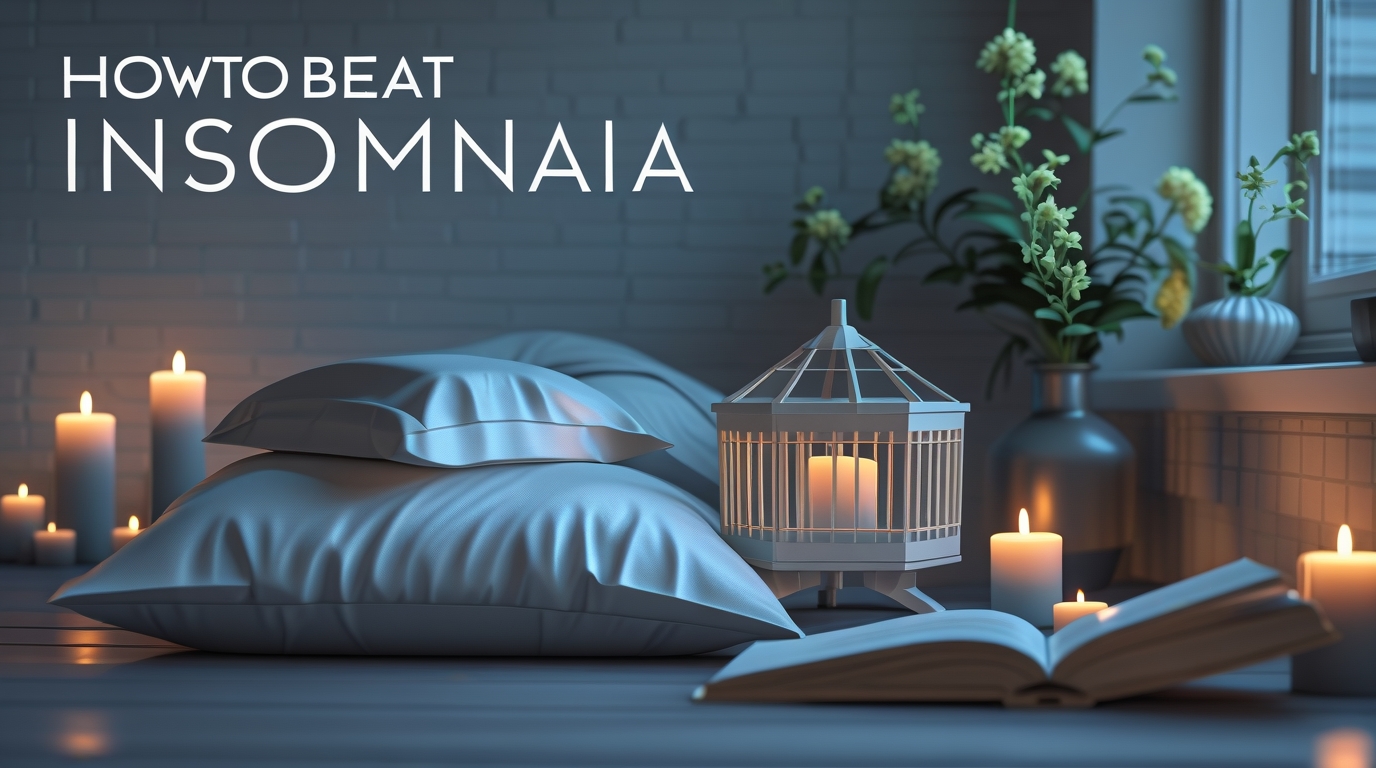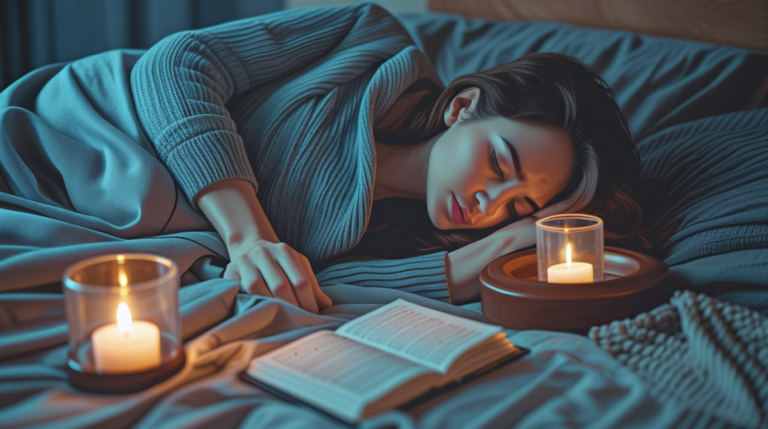Insomnia is a common but often debilitating sleep disorder that affects millions of people worldwide. This blog post, How to Beat Insomnia Without Medication, aims to delve into effective, drug-free strategies for improving sleep quality. With the increasing pace of modern life, more people are experiencing sleep disturbances. Insomnia doesn’t just interfere with your sleep schedule; it can significantly impact your overall health, wellbeing, and productivity. Fortunately, you don’t need to rely solely on medications to find relief.
Understanding Insomnia
Before diving into solutions, it’s crucial to understand what insomnia is and how it affects the body and mind. Insomnia is characterized by difficulty falling asleep, staying asleep, or waking up too early. This condition can be acute or chronic, with causes ranging from stress to poor sleep habits. Identifying your unique triggers can be the first step toward improving your sleep quality. For more insights on sleep issues, check out our sleep disorders guide.
The Causes of Insomnia
Many factors contribute to insomnia. Stress is a significant factor – worrying about work, finances, or relationships can keep your mind active, making it difficult to unwind. Unhealthy lifestyle choices can also play a role, such as consuming caffeine late in the day, having an irregular sleep schedule, or using electronic devices right before bed. Other potential causes include medical conditions or medications that disturb sleep patterns.
- Stress and Anxiety
- Poor Lifestyle Choices
- Medical Conditions
The Impact of Insomnia on Health
Insomnia doesn’t just result in a lack of sleep. It also impacts mental and physical health. Poor sleep quality can lead to issues such as fatigue, mood disturbances, and weakened immune function. For students, it can affect concentration and learning abilities, while professionals might experience reduced productivity and increased absenteeism. Understanding these impacts can emphasize the importance of tackling insomnia. Discover more on this in our health implications of insomnia post.
Natural Strategies to Treat Insomnia
While medication can be effective, addressing insomnia naturally can provide long-lasting relief without side effects. Here are some techniques to consider:
Establishing a Sleep Routine
One of the simplest yet most effective ways to combat insomnia is by developing a consistent sleep routine. Going to bed and waking up at the same times each day helps regulate your body’s internal clock. Start winding down 30 minutes before bedtime by engaging in calming activities. Consider reading, taking a warm bath, or practicing deep-breathing exercises to signal to your body that it’s time to sleep.
Creating a Sleep-Conducive Environment
Your bedroom should be a sanctuary for rest. Ensure your sleeping environment promotes peace and relaxation. Keep the room cool, dark, and quiet. Consider investing in a comfortable mattress and pillows that support proper posture during sleep. Declutter your space to minimize distractions and keep electronic devices out of the bedroom to avoid exposure to blue light, which can disrupt melatonin production.
Cognitive Behavioral Techniques
Cognitive-behavioral therapy for insomnia (CBT-I) is a structured program that helps identify and replace thoughts and behaviors that cause or worsen sleep problems. Unlike sleep medications, CBT-I helps overcome insomnia without the use of medicine.
Relaxation Techniques
Relaxation techniques such as progressive muscle relaxation, visualization, or guided imagery can aid in reducing anxiety and preparing your body for sleep. These techniques slow your breathing and lower muscle tension, helping your body to naturally transition to a restful state.
Mindfulness and Meditation
Practicing mindfulness and meditation helps bring attention to the present moment. These practices can reduce stress and enhance relaxation, making it easier to drift into sleep. Try spending a few minutes each evening meditating, focusing on your breath, and letting go of the day’s worries.
Diet and Lifestyle Modifications
Your diet and lifestyle significantly impact your sleep health. Adjustments can be simple but effective.
Healthy Eating Habits
What you eat can affect how you sleep. Avoid heavy meals, caffeine, nicotine, and alcohol close to bedtime as they can disrupt sleep. Opt for light snacks like almonds or a banana if you feel hungry before bed. These foods contain nutrients that promote serotonin production, which aids in sleep regulation.
- Avoid large meals late at night
- Limit caffeine and alcohol intake
- Consider sleep-promoting snacks
Exercise and Physical Activity
Regular physical activity can help you fall asleep faster and enjoy deeper sleep. Just ensure not to exercise too close to bedtime, as it might energize you instead of helping you wind down. Invest in at least 30 minutes of moderate exercise daily for optimal benefits. For related reading, explore our post on exercises for better sleep.
Conclusion: Embracing a Holistic Approach
Combating insomnia is about creating a lifestyle that promotes restfulness and relaxation. By implementing these strategies, you can enjoy a natural, drug-free way to enhance your sleep quality. Remember, consistency is key, and improvements may take time, so patience and perseverance are essential.
Ready to take control of your sleep? Comment below with what strategy you’ll try first, share this with someone who might benefit, or subscribe for more tips and insights on achieving a better, healthier life.


Leave a Comment